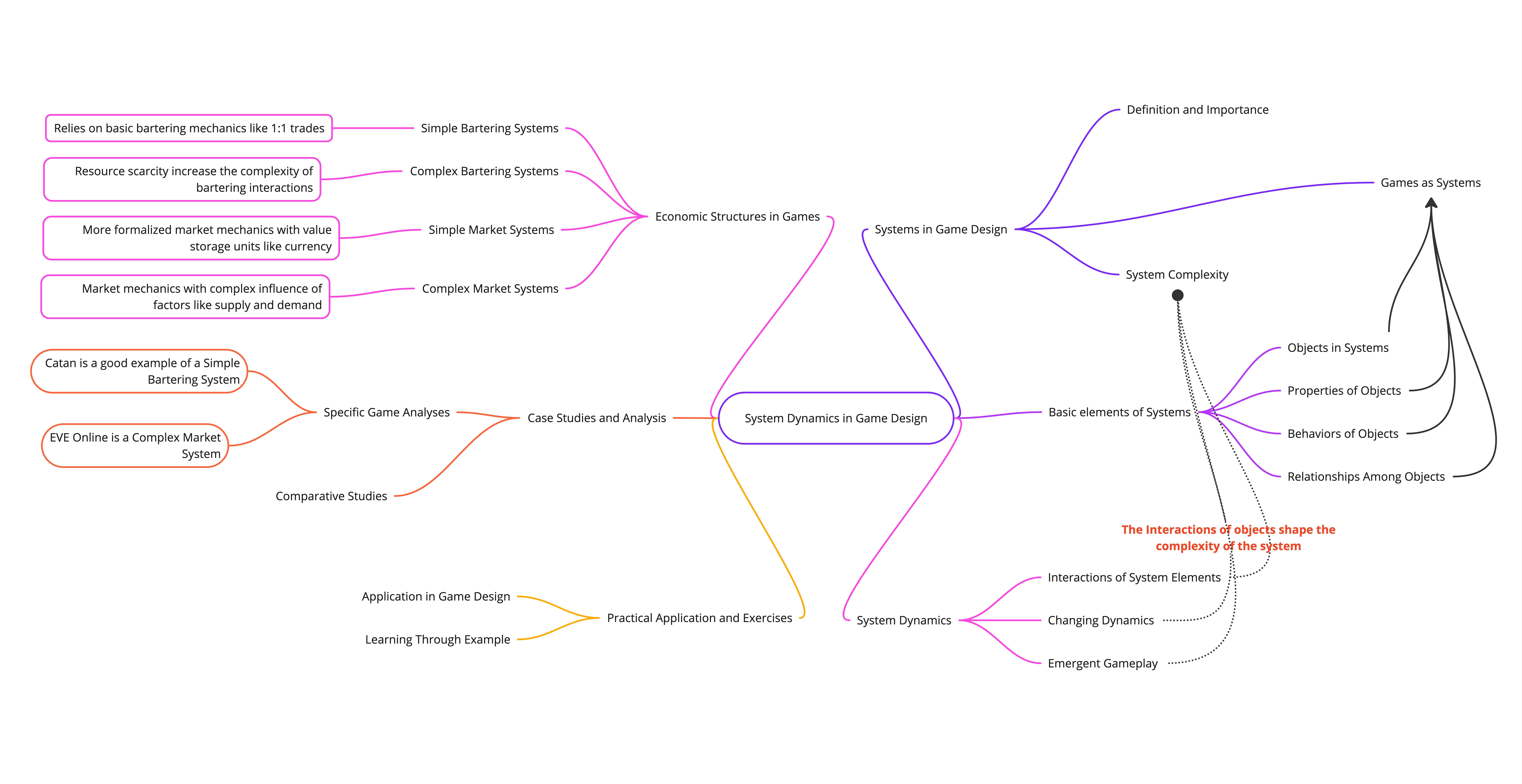Title: Animal Kingdom
In “Animal Kingdom,” our design decisions have intentionally created constraints that frame the game’s interpretation around specific political and social values. This strategic board game simulates the complex interplay of politics and social class, where players vie for influence across diverse districts, each representing a different social stratum such as Working Class, Middle Income, or High Income. The choice of Policy Cards, tailored to different political orientations (Progressive, Conservative, Populist, Nationalist), directly influences these districts, mirroring the real-world impact of political strategies on various social groups.
The strategic arc of the game is defined by these constraints, emphasizing the significance of each political decision and its societal repercussions. Players must adapt to an evolving political landscape, a process complicated by the introduction of Global Event Cards. These events, often reflecting real-world scenarios like economic crises or public health emergencies, add unpredictability and thematic depth. However, they also serve as a constraint, limiting players’ strategies to plausible real-world political responses and emphasizing the game’s underlying values of social responsibility and political realism.
These design decisions extend to interconnected gameplay loops, where players must balance targeting specific district types against the broader goal of achieving societal influence. The decision to focus on offensive or defensive play is not just a tactical choice but also a reflection of the game’s value system, which underscores the long-term impact of political actions on societal structures.
The game concludes with the Game End Card, determining the winner based on who most effectively navigated the political and social intricacies to collect the most votes. This endgame scenario is another designed constraint, emphasizing that in the realm of politics, as in the game, success is measured not just by immediate gains but by sustained influence and the ability to shape the social landscape.
Through these design decisions and constraints, “Animal Kingdom” offers a gameplay experience that goes beyond mere entertainment, compelling players to engage with and reflect on the values of political strategy, social influence, and the ethical dimensions of power. The game’s mechanics and narrative arcs are thus carefully crafted to ensure a range of interpretations that align with these core values.
Some players may find the game to expose the corruption and drawbacks of today’s political systems. Other players may find the game to reinforce the competitive nature of politics and power competition. Overall, the mechanics and design choices we implemented would create a variety of experiences that depend on the societal and cultural backgrounds and the belief systems of the individual players. With this diversity of experience in mind, we engineered the mechanics and design in a way that creates an ecosystem of experiences that provides an educational and reflective exercise about today’s political and societal systems.
MindMap summary




